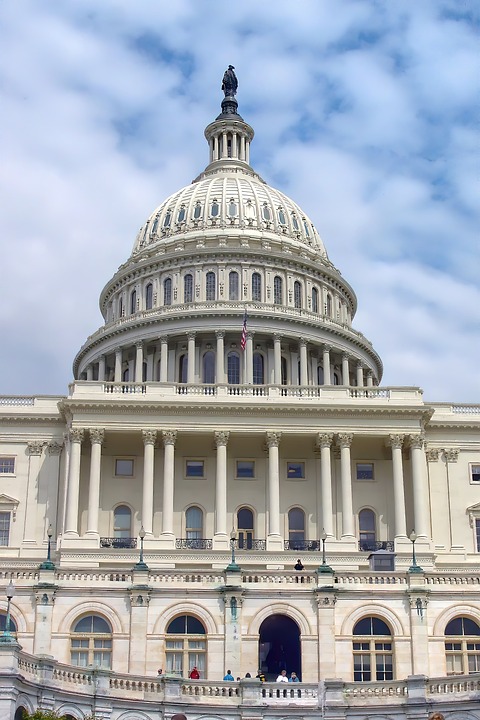The Dark Side of Project 2025: Potential Legislative Pitfalls
In an era marked by unprecedented technological advancements, Project 2025 represents a bold initiative aimed at understanding and mitigating the long-term impacts of artificial intelligence (AI) on societal structures. While the project embodies significant promise, it also poses several potential legislative pitfalls that merit scrutiny. This article delves into the dark side of Project 2025, emphasizing the critical need for balanced and forward-thinking legislative responses.
Unintended Privacy Violations
Project 2025 is primarily envisioned as a large-scale initiative that collects and analyzes vast amounts of data to discern AI’s influence across various domains. However, the very act of data collection risks infringing individual privacy rights. Despite legislative safeguards, there remains a looming threat that data could be misappropriated or inadequately protected.
One significant concern is data anonymization. While anonymizing data is intended to protect individuals, advancements in re-identification techniques could undermine these efforts. Legislators must, therefore, prioritize robust and adaptive privacy laws that keep pace with technological innovations.
Bias and Discrimination
AI algorithms have the potential to perpetuate and amplify existing societal biases. Project 2025, with its extensive data utilization, could inadvertently entrench discriminatory practices if the algorithms used in the study are not properly vetted. Discrimination in AI systems has already been observed in areas such as hiring, law enforcement, and credit scoring.
A legislative framework that emphasizes transparency and accountability in AI development and deployment is crucial. Policies should mandate comprehensive bias audits and the formulation of strategies to address identified biases. Without such measures, there is a clear risk that Project 2025 might reinforce systemic inequalities.
Security Vulnerabilities
Another dark side of Project 2025 is the potential for creating security vulnerabilities. Aggregating vast amounts of sensitive data can turn the project into a lucrative target for cybercriminals and state-sponsored actors. Data breaches or malicious manipulation of AI-driven insights could have catastrophic consequences.
Cybersecurity regulations must evolve in tandem with Project 2025. Legislators need to enforce stringent security protocols and encourage continuous improvement in cybersecurity practices to protect the integrity of data and AI systems. A proactive approach is necessary to preempt and address potential security lapses.
Ethical Dilemmas
The ethical implications of AI and data-driven insights from Project 2025 compound the legislative challenges. Questions about the moral use of AI—such as the limits of autonomous decision-making, the concept of AI-driven social engineering, and the philosophical debate over AI rights—require nuanced deliberations.
Ethics councils and advisory boards should be established to provide guidance on these complex issues. Additionally, laws should incorporate ethical considerations, ensuring that AI development aligns with human values and societal well-being. Failure to address ethical dilemmas could lead to public mistrust and societal pushback against AI technologies.
Economic Displacement
Project 2025 aims to offer insights into the economic implications of AI on the labor market. However, the resulting predictions and policies could inadvertently accelerate job displacement if not managed appropriately. Regulatory frameworks must consider the long-term welfare of workers and support a transition that minimizes economic disruption.
Legislation should focus on policies that foster re-skilling and up-skilling initiatives, support for displaced workers, and the creation of new job opportunities in emerging industries. It is imperative to balance technological progress with socio-economic stability to avoid exacerbating unemployment and economic inequality.
Conclusion
While Project 2025 represents a visionary step towards comprehending the interplay between AI and society, it is fraught with potential legislative pitfalls. Addressing these concerns requires a multifaceted approach that encompasses robust privacy protections, bias mitigation, cybersecurity, ethical frameworks, and economic safeguards.
The legislative landscape must evolve to keep pace with the rapid advancements in AI technology. By doing so, we can harness the benefits of Project 2025 while safeguarding against its darker aspects, ultimately ensuring that AI serves as a force for good within a well-regulated societal framework.
